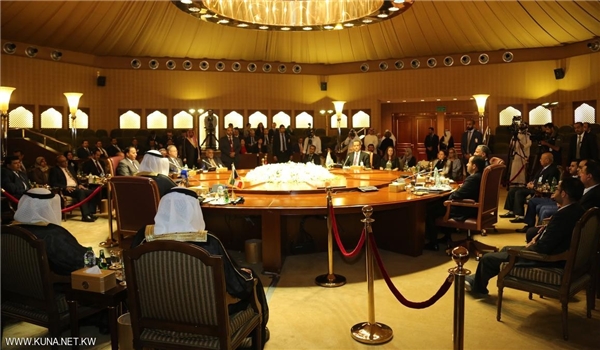
RNA - The United Nations hopes that the negotiations will end the Saudi-led and US-backed war on Yemen that has killed more than 9,800 people and driven more than 2.5 million from their homes since March last year.
As things stand, the resistance group of Ansarullah still holds Yemen's capital, Sana’a, with almost no prospects for pro-Saudi runaway president Abd-Rabbu Mansour Hadi and his ousted administration to take it back, while the UAE that stood the second to Saudi Arabia in the Riyadh-led coalition forces is tired of the game and has almost left the scene. Abu Dhabi has pulled out all its troops from Yemen and cautioned that it would not even supply equipment and weapons to the coalition anymore.
Moreover, as part of the deal, all sides have agreed to address more complex issues dividing them - including the release of Saudi prisoners and Yemen’s demands for the lifting of blockade to allow humanitarian aid in - via further indirect talks.
What this means is that an actual ceasefire – and peace - will take much longer as Riyadh and its cronies want to disguise the unpalatable truth that they have achieved absolutely nothing that could not have been done without getting themselves stuck in the mire of Yemen.
The tenuous ceasefire marks a far less dramatic conclusion than the regime changers in Riyadh and Washington had hoped, almost ending a ferocious conflict between the resistance group of Ansarullah and Saudi Arabia, which is now so overpowered, so embarrassed, and so loathed worldwide for its waning credibility and disproportionate assault on the defenseless civilians of Yemen.
Meaning, the face-saving ceasefire sealed an undisputed victory for the Resistance Front and a massive disappointment and failure for Riyadh and Washington. Now the House of Saud and its regional partners in crime have good reason to be grateful for the Obama administration's callous and foolish procrastination of the past ceasefire proposals in an effort to give enough time to Riyadh and cohorts to "finish the job" with Ansarullah and its fighters. However, beyond the ruined infrastructure of Yemen and a devastated economy and credibility for bankrupt Saudis, it is difficult to see what else the regime changers achieved.
Peace talks notwithstanding, one conclusion is certain: Besides the Yemeni people, the greatest beneficiary of the victory will ultimately be the popular resistance, especially Ansarullah. They are now aware that what has become so evident from the war on Yemen is the official confirmation of the Saudi-American-Israeli failure in achieving their stated objectives and the confirmation of the disgraced decline in their regional clout in comparison with what it was before they got embroiled in the Yemeni quagmire.
The collapse of the Saudi-American-Israeli expansionary doctrine in the face of a well-organized community only equipped with self-confidence and national resolve is certainly important to the Islamic world, yet more important than that is the future consequences of such a great achievement and its implications on additional levels in the region, predominantly in Syria.
It is evident that Ansarullah is indeed a hero and a leader for raising the flag of victory over foreign invaders and terrorist proxies, and for standing against so many armies single-handedly, without any help from the outside world.
Quite the opposite, the extraordinary defeat has dealt a major blow to the colonial efforts to preserve the control of Saudi-American-Israeli policy over the Middle East at a time when that stranglehold is being challenged as never before. It clearly spells out a massive disappointment and humiliation for Riyadh, Washington, and Tel Aviv on every level. It was predictable anyhow. They just couldn’t see it coming.
R۱۱۱/۱۰۸/C/